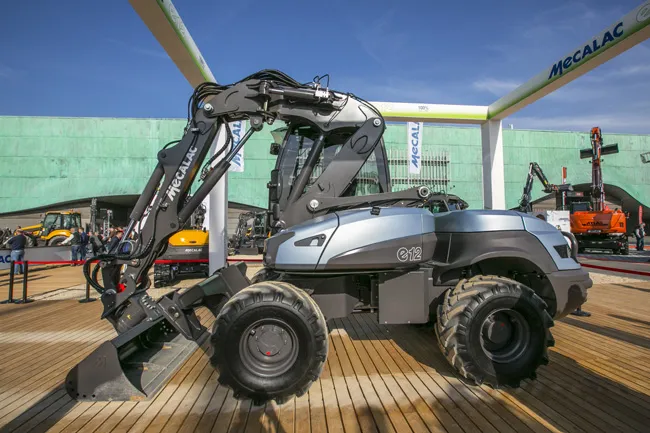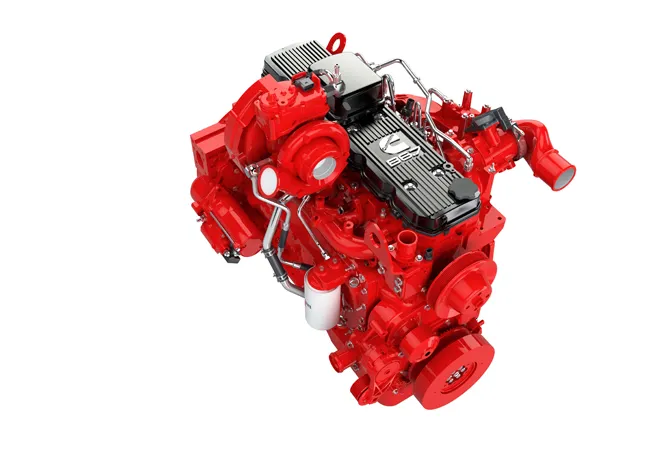
With £2.4 million in funding from the UK Government, Cummins will head Project Unity from its Huddersfield, UK facility.
By reducing the need for physical testing, this approach will speed the development process through to market availability. The approach will also improve reliability and development efficiency.
The project focuses on collecting real-world data on components such as turbomachine turbines, compressors, and bearings used in hydrogen-powered systems. This allows the generation of advanced simulations for robust, data-informed design improvements.
The UK Government funding package will be leveraged by Cummins and its partners to deliver the project. The award is provided through the Advanced Propulsion Centre UK(APC)’s Collaborative Research and Development funding round, APC25 and delivered in partnership with Innovate UK, a part of UK Research & Innovation. Project Unity is one of the eight projects sharing £29.6 million of UK Government grant. APC collaborates with the UK government, the automotive industry and academia to accelerate the industrialisation of technologies, supporting the transition to green transport.
With its expertise in net-zero technologies, APC’s role in building and advising project consortia helps projects start more quickly and deliver increased value. Innovate UK is the UK’s national innovation agency. It drives productivity and economic growth by supporting businesses to develop and realise the potential of new ideas, including those from the UK’s research base.
“Building on previous successful APC projects, Cummins is excited to announce APC 25 Project Unity,” said Laith Al-Kazaz, director of Advanced Engineering at Cummins. “This project will support Cummins Destination Zero strategy by enabling the accelerated product development of reliable lower carbon emission powertrains. We have a proven track record with our UK-based partners and look forward to advancing our capabilities in these novel technologies.”
Typically, Original Equipment Manufacturers (OEMs) ensure component reliability through extensive physical testing. However, Project Unity introduces a mixed-fidelity machine learning approach to predict key failure modes, including hydrogen effects, water droplet erosion, and structural integrity. The tool will be applied to fuel cell (FC) e-turbo and Hydrogen-ICE (Internal Combustion Engine) turbocharger components, supported by advanced simulations to accelerate the design process.
With support from the Advanced Propulsion Centre UK (APC), Project Unity not only integrates digital transformation strategies but also supports the transition from diesel ICE to hydrogen powertrains in both on-highway and off-highway applications. This initiative aligns with the Automotive Council's roadmap towards decarbonisation and contributes to Cummins' broader efforts to reduce greenhouse gas emissions. As the consortium continues its work on this innovative digital analysis tool, it remains committed to supporting the global shift towards energy transition.








